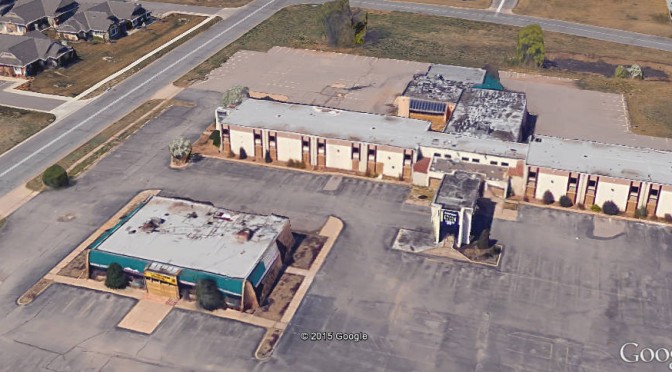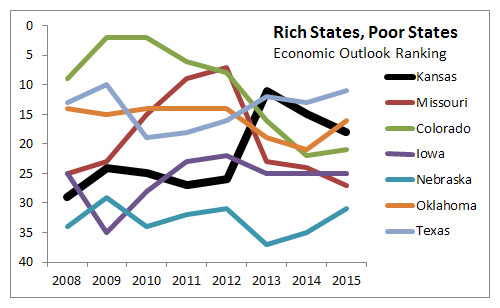Tag: Interventionism
-

Another week in Wichita, more CID sprawl
Shoppers in west Wichita should prepare to pay higher taxes, if the city approves a Community Improvement District at Kellogg and West Streets.
-

Wichita CID illustrates pitfalls of government intervention
A proposed special tax district in Wichita holds the potential to harm consumers, the city’s reputation, and the business prospects of competitors. Besides, we shouldn’t let private parties use a government function for their exclusive benefit.
-

WichitaLiberty.TV: The Sedgwick County budget and more episodes of “Love Gov”
In this episode of WichitaLiberty.TV: As Sedgwick County proposes small spending cuts, those who benefit are vocal in their displeasure. Then, two more episodes from “Love Gov” covering health care and the housing market.
-

Federal rules serve as ‘worms’ buried in promises of ‘free money’
An often unappreciated mechanism throughout the Kansas budget severely limits the ability of legislators and governors to adapt to changing state priorities. A new paper from Kansas Policy Institute explains.
-
Michael Tanner: Going for Broke: Deficits, Debt and the Entitlement Crisis
Cato Institute Senior Fellow Michael Tanner speaks about his new book, “Going for Broke: Deficits, Debt and the Entitlement Crisis,” at a luncheon of the Wichita Pachyderm Club, July 31, 2014.
-

Friedman: Laws that do harm
As we approach another birthday of Milton Friedman, here’s his column from Newsweek in 1982 that explains that despite good intentions, the result of government intervention often harms those it is intended to help.
-

‘Love Gov’ humorous and revealing of government’s nature
A series of short videos from the Independent Institute entertains and teaches lessons at the same time.
-
The candlemakers’ petition
The arguments presented in the following essay by Frederic Bastiat, written in 1845, are still in use in city halls, county courthouses, school district boardrooms, state capitals, and probably most prominently, Washington
-

With tax exemptions, what message does Wichita send to existing landlords?
As the City of Wichita prepares to grant special tax status to another new industrial building, existing landlords must be wondering why they struggle to stay in business when city hall sets up subsidized competitors with new buildings and a large cost advantage.
-

Rich States, Poor States, 2105 edition
In Rich States, Poor States, Kansas continues with middle-of-the-pack performance, and fell in the forward-looking forecast for the second year in a row.
